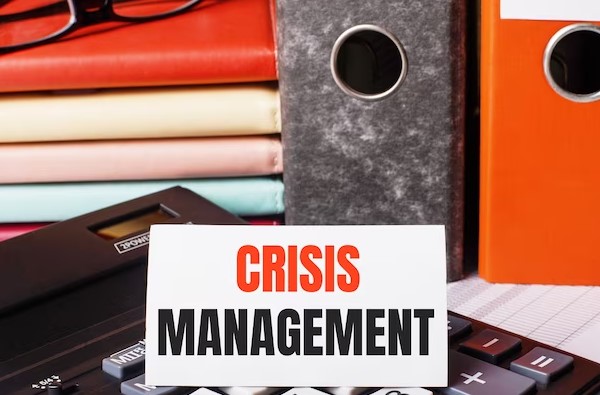Records management is indispensable for organizational success in a rapidly evolving business environment. It not only ensures data integrity and accessibility but also plays a vital role in crisis control.
A well-planned records management system acts as a shield, protecting your business from unforeseen crises such as legal disputes or data breaches. In this blog, we delve into how proper records management can be your enterprise’s savior in times of crisis.
Understanding Records Management
So, what exactly is records management? Simply put, it’s organizing, maintaining, and protecting all types of records in an organization – from employee data to financial documents.
It’s about more than just keeping things tidy; effective records management is crucial for making informed decisions, meeting legal requirements, and saving time and resources. Now, let’s talk about the critical parts of a records management system.
- Firstly, classification involves categorizing records in a way that makes sense for your business.
- Secondly, storage – where and how you keep your records. Then, retention and disposal policies outline how long to keep records and when to discard them. And finally, access control ensures the right people have access to the correct records.
It’s a complex system, but when done right, it can be a real game-changer for your business.
Types of Business Crisis That Records Management Can Mitigate
No matter how smoothly your business runs, the risk of a crisis lurks in the background. Let’s explore three major concerns businesses often encounter and how records management can help mitigate these risks.
Legal Crisis
First up, we have legal disputes. These could be anything from employee lawsuits to conflicts with business partners. Comprehensive and well-organized records can provide evidence to support your case, showing that you’ve adhered to regulations, complied with contracts, or upheld your responsibilities as an employer.
Business Crisis From Data Breaches
Let’s discuss data breaches – a modern-day menace threatening sensitive information security. With robust records management, you can minimize the risk of data breaches. This is achieved through strict access controls, encryption, and audit trails that track who accesses your records and when.
Crisis Due to Natural Disasters
Finally, natural disasters – floods, fires, earthquakes. These events can wreak havoc on physical and digital records alike. However, with a sound records management system, your critical documents are backed up and stored safely off-site or in the cloud, ensuring business continuity even when your primary location is affected.
Proper records management is akin to having a well-stocked emergency kit – you hope you never need it. Still, you’ll be immensely grateful to have it when a crisis strikes.
Best Practices for Implementing Records Management for Crisis Control
A few best practices stand out when implementing records management for a crisis. First, establish a records management policy, defining what counts as a record, how long to keep it, and when to dispose of it. This proactive approach ensures you’re prepared, not scrambling when a crisis hits.
Next, prioritize training. Your records management system is only as strong as the people using it. Regular training means your team will handle records correctly, reducing the chance of data breaches or lost information.
Third, embrace technology. Modern records management systems offer automated features like data classification and advanced security protocols, protecting your records from human error and cyber threats.
Finally, regularly audit your records management system. This helps identify gaps and vulnerabilities before they become a problem.
By following these steps, you streamline daily operations and arm your business with a strong defense against potential crises. It’s about turning records management from an administrative task into a strategic asset.

The Future of Records Management and Crisis Control
The future of records management looks bright, thanks to the exciting advancements in technology. As we journey into this future, two emerging trends stand out: artificial intelligence (AI) and blockchain.
AI is revolutionizing records management by automating mundane tasks and enhancing data accuracy. Imagine a system that automatically classifies and sorts your records, flags regulatory non-compliance, and alerts you to potential data breaches – that’s the power of AI. It helps prevent crises before they occur and swiftly manages them when they do.
On the other hand, blockchain technology promises unparalleled data security and transparency. With each record being part of a ‘block’ in a tamper-proof ‘chain,’ blockchain can ensure the integrity of your records like never before. This can significantly mitigate data breaches and fraud risks, further bolstering crisis control.
Final Words
Fortifying your records management system is not just good practice – it’s essential crisis control. We encourage you to review your current system and explore areas for improvement.




